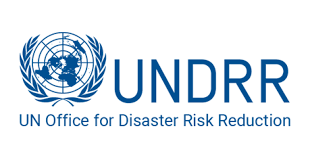

Empowering Community
Our Focus Groups
Women
In Kenya, marginalized women face significant impacts from ecosystem degradation and climate change. They rely on natural resources but have limited access, increasing their responsibilities. Women also experience heightened vulnerability to gender-based violence and struggle to access relief and health services during disasters.
Youth in Conservation:
African youth are essential in addressing biodiversity loss and climate change, yet they are often excluded from policymaking. Their empowerment in Sustainable Landscape and Ecosystem Restoration is crucial for improving livelihoods.

























